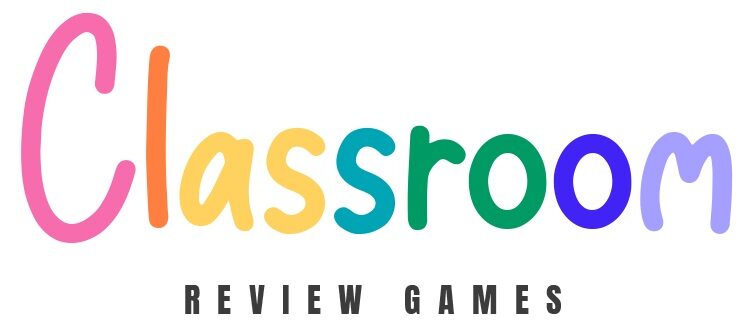16 Fun Word Association Games for Students
A Word Association Game is a simple and fun activity where players take turns saying words that relate to the previous word said by another player. For example, if one person says “apple,” the next person might say “fruit,” and then the next person could say “banana.” The words can be connected in many ways, like being in the same category, opposites, or things that are commonly found together. The main goal is to think quickly and say a word that makes sense with the word before, without repeating any word that has already been said. This game helps people practice their vocabulary and quick thinking.
Let’s explore some low-prep and quick Word Association Games that encourages students to make connections between words and expand their vocabulary in an engaging way.
1. Word Chain
Materials Needed:
- None
How to Play:
Students sit in a circle. The first student says a word, and the next student must say a word that begins with the last letter of the previous word. The game continues around the circle, encouraging students to think quickly and creatively.
For example, if the first word is “apple,” the next word could be “elephant.”
2. Word Web
Materials Needed:
- Whiteboard and markers or paper and pen
How to Play:
Write a central word on the board, like “water.” Students then take turns adding related words, such as “ocean,” “drink,” “rain,” creating a web of associations.
3. Rapid Fire
Materials Needed:
- Timer
How to Play:
Choose a category like “fruits.” Set a timer for one minute, and students quickly name fruits like “apple,” “banana,” “cherry,” without repeating.
4. Story Circle

Materials Needed:
- None
How to Play:
One student starts a story with “Once upon a time, a cat found a magical coin.” The next adds, “The coin granted the cat three wishes,” and so on, building a collective narrative.
5. Hot Potato Word Association
Materials Needed:
- A small ball or object
How to Play:
While music plays, students pass the “potato.” When the music stops, the holder must say a word related to a theme, like “school,” such as “book.”
6. Synonym Match
Materials Needed:
- Cards with words and synonyms
How to Play:
Lay out cards with words like “big” and their synonyms like “large.” Students find and match pairs.
7. Word Association Tag
Materials Needed:
- None
How to Play:
One student says “snow,” and the next “cold.” The chain continues with each student associating a new word with the last.
9. Vocabulary Circle
Materials Needed:
- None
How to Play:
This is a great vocabulary review game. In a circle, starting with “ocean,” a student says “wave,” the next “surfboard,” linking each word to the previous.
10. Word Association Bingo
Materials Needed:
- Bingo cards with words, markers
How to Play:
With cards containing words like “dog,” the caller says “pet.” Players mark off related words they have.
11. Word Association Mind Map
Materials Needed:
- Large paper or whiteboard, markers
How to Play:
Start with “holiday” in the center. Students add related words like “beach,” “travel,” connecting them to create a mind map.
12. Simple Word Association
Materials Needed:
- None
How to Play:
Say “night,” and students respond with associated words like “stars,” “moon,” in quick succession.
13. Word Association Topics
Materials Needed:
- List of topics
How to Play:
For the topic “sports,” students might say “soccer,” followed by “goal,” “ball,” and so on, discussing each sport’s aspects.
14. Guess The Secret Word
Materials Needed:
- Cards with secret words
How to Play:
Holding a card with “bicycle,” a student gives clues like “two wheels,” “pedals.” Classmates guess the word.
15. Rhyming Words
Materials Needed:
- None
How to Play:
The teacher says “cat,” and students come up with rhymes like “bat,” “hat,” “mat.”
16. Chain Game
Materials Needed:
- None
How to Play:
Starting with “star,” the next student could say “rabbit,” the following “tree,” linking the end and start letters.
Word Association Games are a fantastic tool for sparking creativity, enhancing language skills, and fostering quick thinking in a classroom setting. These games are versatile, easily adaptable, and can be enjoyed by students of all ages across various subjects, including ESL, Spanish, French, and other language classes.
